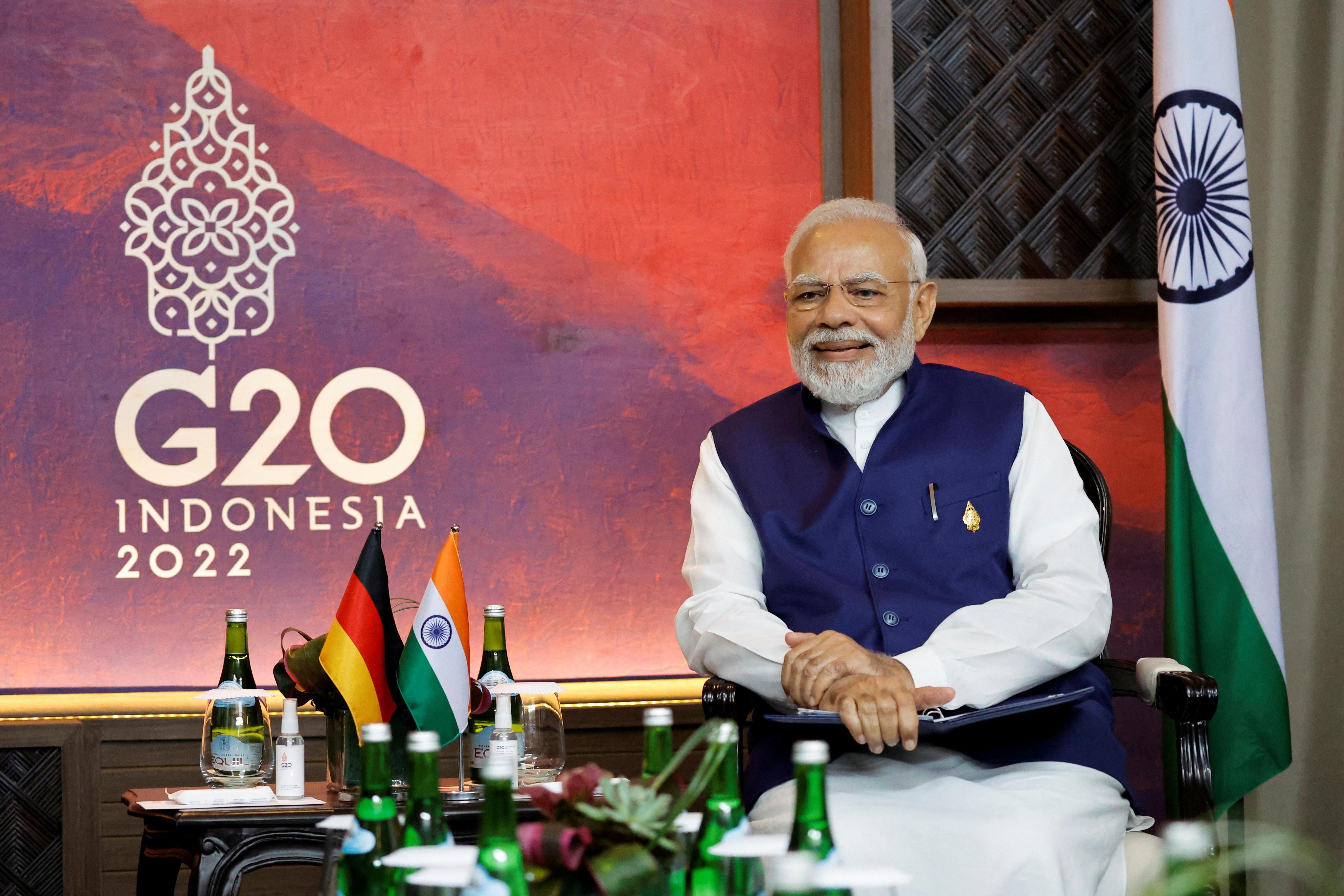29: The UN cultural agency UNESCO added 29 new sites to its World Heritage List, including iron-age furnaces in Burkina Faso, a wine-growing region of Italy known for Prosecco, the city of Jaipur, India, and — your Wednesday author's personal favorite — eight major buildings designed by the US architect Frank Lloyd Wright. Overall, UNESCO has granted special status to over 1,100 sites of "outstanding universal value."
90: The price of opium extracted from poppies — the precursor of heroin — has fallen by 90 percent in parts of southwest Mexico over the past 18 months, possibly due to increased competition from heroin alternatives like fentanyl. The price crash has hurt local farmers, contributing to a surge of migrants headed to the US border.
5: The five richest men in Nigeria havecombined personal fortunes of nearly $30 billion. That's more than the country's entire national budget. About 60 percent of Nigerians live on less than $1.25 per day.
2.2 billion: The State Department on Tuesday approved $2.2 billion of arms sales to Taiwan. The deal, which has yet to be concluded, includes 108 Abrams main battle tanks and 250 Stinger anti-aircraft missiles. The approval came despite a warning from China's Foreign Ministry that the deal would be "extremely sensitive and damaging."
